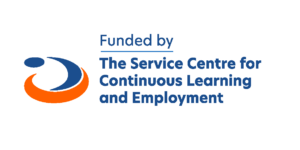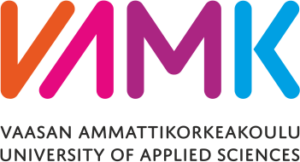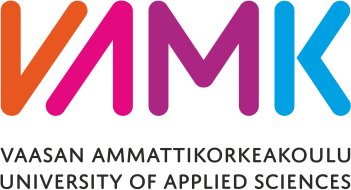Project information:
Official name of the project: Takaisin kotiin - Paluu hoitotyöhön (Going back home - Returning to care work)
Duration of the project: 30.6.2022 - 31.12.2024
Project coordinator: Vamk
Funding: SECLE
Budget: 65 770 €
Project description
The project is looking for people with a college or university of applied sciences degree in the health care field who are not employed. They can be people who are considering changing fields they are working in, people absent from the labor market, such as those on family leave or unemployed jobseekers, who have qualifications but are not available to the labor market. The project is achieved by utilizing digital pedagogy and local learning environments, which lowers the threshold for applying for education. The project acknowledges and recognizes the threshold that can be associated with this if one has been away from health care sector.
30 people who have received training as nurses, community health nurses or midwives and are now out of the health care workforce are taking part in the project. They may work in another field, or they may, for example, be on family leave and need encouragement to return to work in the health care sector. The training is also suitable for immigrants who already have training in the field but want to strengthen their use of the Finnish language.
Goals
The goal of the project is to build and test a scalable, accessible, digital return to the field education package that can be duplicated for all degrees in the health care field. The goal is to take education package to small towns as well. The training does not require moving to another location or making other investments as the training is taken to the person. Several small towns have a serious shortage of nursing staff, and everyone’s contribution would be very valuable so that the services can be secured in the future.
The education consists of a total of 30 credits, where theory studies are 10 ECTS online, practice 15 ECTS remotely controlled in your hometown, and simulation teaching 5 ECTS, which takes place in Vaasa as an intensive course utilizing online simulation pedagogy. Therefore, the student will only have a few visits to Vaasa and the training can be attended at least from the regions of Ostrobothnia, Central Ostrobothnia, North Ostrobothnia, South Ostrobothnia, Central Finland, and Tampere. The radius is about 300 – 400 km from Vaasa, which, according to our experience, a person is willing to travel to, for example, for multi-modal training. Here, the radius can be even larger, because there is only a small amount of face-to-face teaching.
Results
After completing the training, the person becomes interested in working in the health care sector and applies to work there. The concrete result is a student who has completed the training and is employed in the health care sector within one year of the training. This is monitored with theses. During the training, theses are actively evaluated, performance is improved, and preparations are made to start a new pilot in the next semester, directing it if necessary based on the feedback received during the training



